Exhibition: Watandar | My Countryman
Open weekdays 9am - 5pm, until 6pm on Thursdays
Open weekdays 9am - 5pm, until 6pm on Thursdays
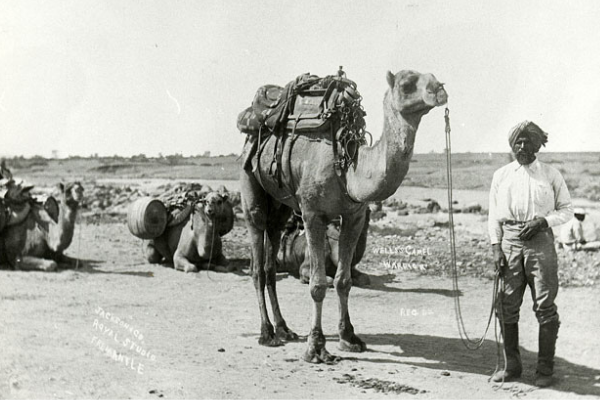
An exhibition about identity and belonging.
When Afghan-Hazara refugee, photographer and human rights activist, Muzafar Ali, discovers that Afghans have been in Australia for 160 years it inspires a photographic journey to meet their descendants, his Watandar.
His search takes him to the remote deserts, old Ghantowns and suburbs of South Australia in a quest to define his own new Afghan-Australian identity.
Through creative photography, this multimedia exploration of identity presents the lives of a largely hidden community, the Afghan Cameleer Descendants. A series of large-scale photographs will be displayed alongside family heirlooms, cultural artefacts and Muzafar’s commentary.
Muzafar’s background as a United Nations political analyst in Afghanistan provides a new perspective on the intersection between Australia’s immigrant, colonial and Indigenous histories. His travels through South Australia have uncovered a long history of Afghans and their intimate connection with the Indigenous communities, and he meditates on his own Afghan-Australian identity.
"When I discovered there were Afghans already here, descended from people who arrived in the 1860s, I was compelled to capture their stories. I realised there were a number of issues connected to their stories: the stolen generation, racism and marginalisation. When I looked at these descendants I saw my own kids’ future. I want to show this through the photographs - these identities and connections, and explore the faultlines in the desert.”
- Muzafar Ali, Photographer
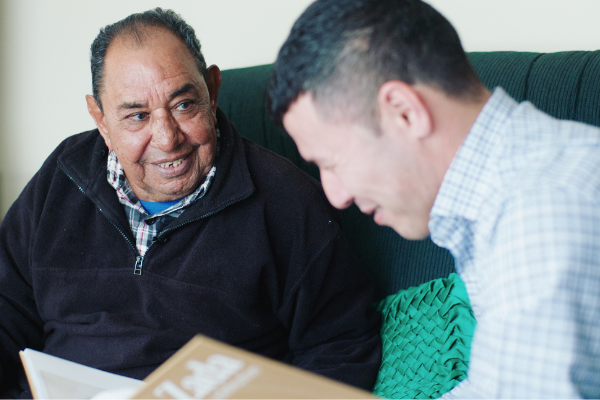
2 May - 3 June 2022
Open weekdays 9am - 5pm, until 6pm on Thursdays
Kerry Packer Civic Gallery
Hawke Building Level 3, UniSA City West Campus
55 North Terrace Adelaide MAP
Presented by The Bob Hawke Prime Ministerial Centre, as part of South Australia's History Festival
Top: Photographer, Muzafar Ali; Above: Bejah Dervish at Mullewa, WA, leaving for the Calvert Expedition, 1896. State Library of South Australia
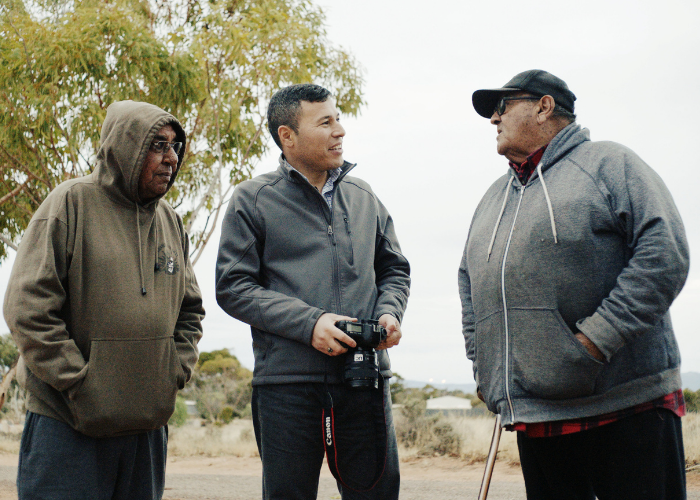
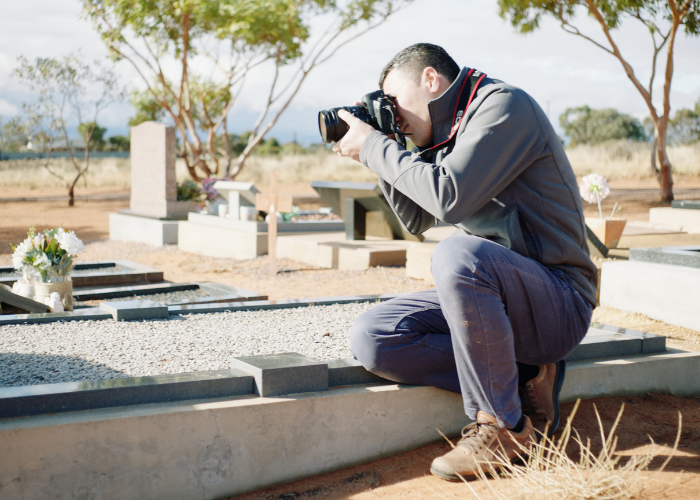
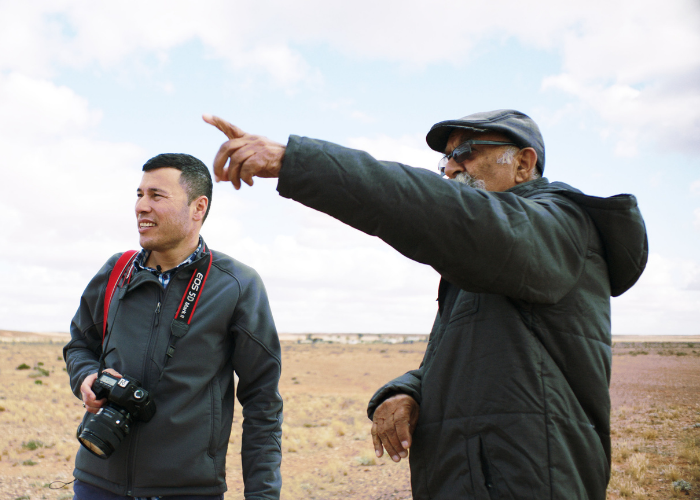
Muzafar Ali is a Hazara artist from Afghanistan who grew up in Pakistan as a refugee.
In 2004, when he was 17, he returned to Afghanistan to work with the United Nations disarmament program. This work took him across the country and he extensively photographed the regions, providing an insight into rarely documented areas. He donated his photographs to promote education, women’s rights, social justice, and strengthening democratic institutions and was the first Afghan photographer exhibited by the United Nations in Afghanistan.
His solo and joint exhibitions have been held in Afghanistan, the Republic of Korea, USA, UK, Canada, the Netherlands and Australia. He is currently studying a Bachelor’s degree in Arts at the University of South Australia and works as a Social Support Worker for refugees in Indonesia.
PRESENTED BY
THE BOB HAWKE PRIME MINISTERIAL CENTRE
![]()
While the views presented by speakers within The Bob Hawke Prime Ministerial Centre public program are their own and are not necessarily those of either the University of South Australia, or The Bob Hawke Prime Ministerial Centre, they are presented in the interest of open debate and discussion in the community and reflect our themes of: Strengthening our Democracy - Valuing our Diversity - Building our Future.
The copying and reproduction of any transcripts within The Bob Hawke Prime Ministerial Centre public program is strictly forbidden without prior arrangements.
While the views presented by speakers within The Bob Hawke Prime Ministerial Centre public program are their own and are not necessarily those of either the University of South Australia, or The Bob Hawke Prime Ministerial Centre, they are presented in the interest of open debate and discussion in the community and reflect our themes of: Strengthening our Democracy - Valuing our Diversity - Building our Future. The Hawke Centre reserves the right to change their program at any time without notice.